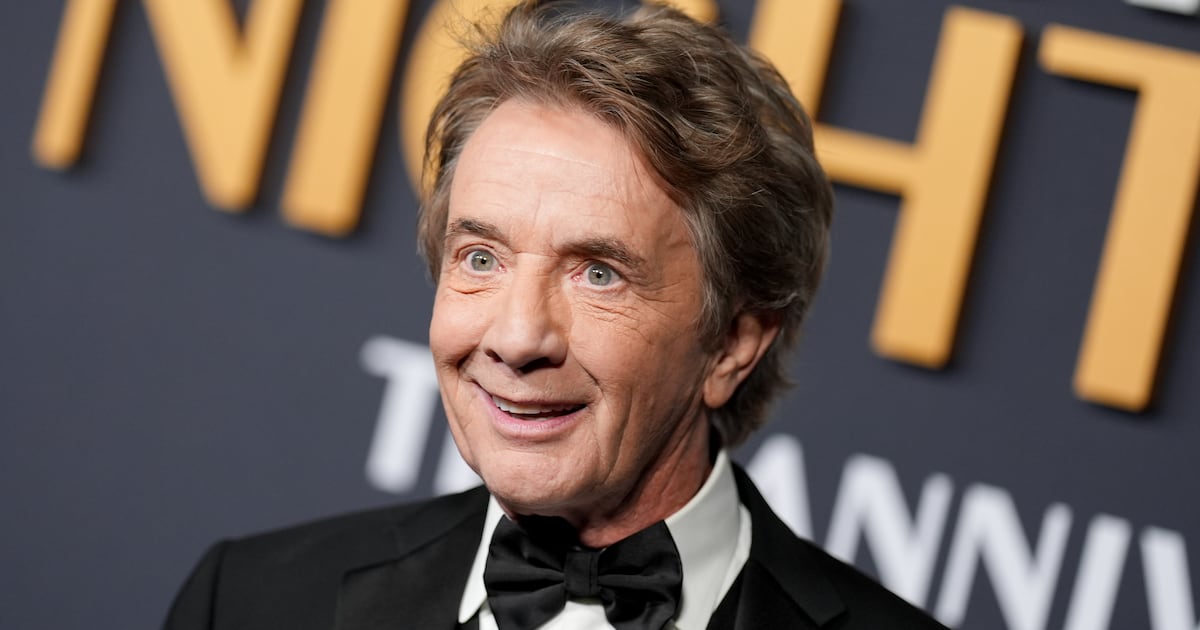With a title almost as cumbersome as the film itself, The Hunger Games: The Ballad of Songbirds and Snakes gives viewers more of the ridiculously named characters, absurd outfits and hairstyles, and child-murder tournaments that made the franchise a YA success. What it doesn’t deliver, however, is a center of attention with even one-tenth the charisma of original star Jennifer Lawrence, or a story of any significant consequence or suspense. A dreary and protracted (165 minutes!) prequel about how nefarious President Coriolanus Snow (previously played by Donald Sutherland) became evil, this rote affair would deserve the designation “for fans only,” if not for the sneaking suspicion that even they won’t be wowed by this return trip to Panem.
Directed by Francis Lawrence, who helmed three of the four previous installments, and based on Suzanne Collins’ 2020 novel of the same name, The Ballad of Songbirds and Snakes (Nov. 17, in theaters) is the one thing worse than terrible: bland. Following a pointless prologue snapshot of the war-ravaged Capitol, the film concentrates its gaze on Coriolanus (Tom Blyth), a stout, blond go-getter whose military-general father died in the country’s civil war. Now, he’s the nation’s top student and on the cusp of earning the Plinth Prize, whose monetary rewards will improve the impoverished circumstances of himself, his grandmother (Fionnula Flanagan), and his cousin Tigris (Hunter Schafer). Yet on the day of his triumph, he learns that, because of dwindling ratings for the Hunger Games—a competition in which randomly selected boys and girls, i.e., “tributes” from the outlying districts, are forced to fight to the death for broadcast audiences as punishment for their prior insurgency against the Capitol—things will be different for the event’s 10th iteration. Coriolanus and his classmates will now serve as mentors to the tributes, and the prevailing adviser will receive the reward.
Coriolanus doesn’t like this any more than the rest of his peers, including best friend Sejanus Plinth (Josh Andrés Rivera). While his wealthy dad issues the coveted prize, Sejanus loathes the cruelty and inequity of the Games, making no bones about wanting to halt them. Still, Coriolanus lucks out by being paired with Lucy Gray Baird (Rachel Zegler) from District 12, a member of a traveling performance troupe who wears her mom’s rainbow-colored dress and, upon being chosen to compete in the Hunger Games, distinguishes herself by sticking a snake down the back of a female rival. She then sings a touching song on stage, which is broadcast live throughout all of Panem. This isn’t the last time The Ballad of Songbirds and Snakes will hinge on literal songbirds and snakes; as written by Michael Lesslie and Michael Arndt, the film is obvious to the point of leadenness. It's also sketchily conceived, so that it just takes Coriolanus showing up at the Capitol train depot to meet Lucy Gray, then hopping into her transport vehicle, to make her trust him and cause him to swoon over her.
Blyth and Zegler share enough chemistry to overcome such cursory meet-cute plotting, and The Ballad of Songbirds & Snakes complements them with a collection of adult characters who are as visually over-the-top as their names. Casca Highbottom (Peter Dinklage) is the creator of the Hunger Games and holds a mysterious grudge against Coriolanus that has something to do with the young man’s deceased father, who was once Highbottom’s school buddy. Highbottom does the bidding of both Panem’s unseen president and Dr. Volumnia Gaul (Viola Davis), the Hunger Games’ chief headmaster and a regal official. Gaul is defined by her giant silver afro, colorful dresses with matching gloves, and pounds of cakey makeup on her face (which boasts one blue eye). Rounding out the cast’s over-25 trio is Lucretius “Lucky” Flickerman (Jason Schwartzman), a weatherman-turned-Hunger Games MC who has a curled mustache, wears velvet suits, and does magic tricks as he reports on the murderous match.

None of these individuals are more interesting than the grown-ups who populated the previous Hunger Games installments. And while Lawrence shoots his action with minimal fuss, The Ballad of Songbirds and Snakes is surprisingly drab—all concrete structures, austere locales, and humdrum combat. Much of the film’s initial section (the first of three defined “parts”) concerns Coriolanus’ efforts to surreptitiously aid Lucy Gray’s cause against her formidable foes, none of which prove particularly clever. The main revelation, when it comes to franchise lore, is that Coriolanus and Lucy Gray’s partnership was what transformed the Hunger Games from a grim, homicidal bloodbath into a made-for-TV spectacular in which celebrity is as important as physical prowess. Even in that regard, however, the proceedings spend scant time on Coriolanus’ actual mentorship (and manipulation of public sentiment), causing this origin-story angle to fall flat.

In its later stages, The Ballad of Songbirds and Snakes relocates to the outer districts for equally mundane conspiratorial drama that feels like it belongs in a different film. Nonetheless, when it comes to ill-fitting elements, nothing quite tops Zegler’s strange Southern accent and habit of singing country songs, which are abundant enough to further distend the already bloated material. Zegler’s impressive pipes can’t overshadow the general pointlessness of these tunes, nor the featurelessness of her heroine; Lucy Gray is imagined as both tough and sensitive, trusting and wary, and consistently monotonous. Her fate is made all the more disappointing by being an obvious attempt to leave things open for a follow-up.
Blyth’s Coriolanus is similarly indistinct, and the screenplay lets him down in its closing passages. He is clumsily transformed from an earnest, open-hearted man (if also a self-interested striver) into a cold and ruthless villain, embracing Volumnia’s belief that the world is one big battleground.
Given the series’ decidedly female-centric nature, The Ballad of Songbirds and Snakes’ decision to foreground Coriolanus comes across as awkward. Ultimately, though, its real problem is that common Hollywood affliction: prequelitis, or the desire to monetize a given IP to the hilt results in long-winded backstory expansions neither necessary nor as interesting as the preceding adventures. Incapable of providing an illuminating insight into Coriolanus or the Hunger Games, Lawrence’s latest merely fills in trivial blanks—or, to put it in the film’s preferred terms, sings a banal ditty lacking any venomous bite.






